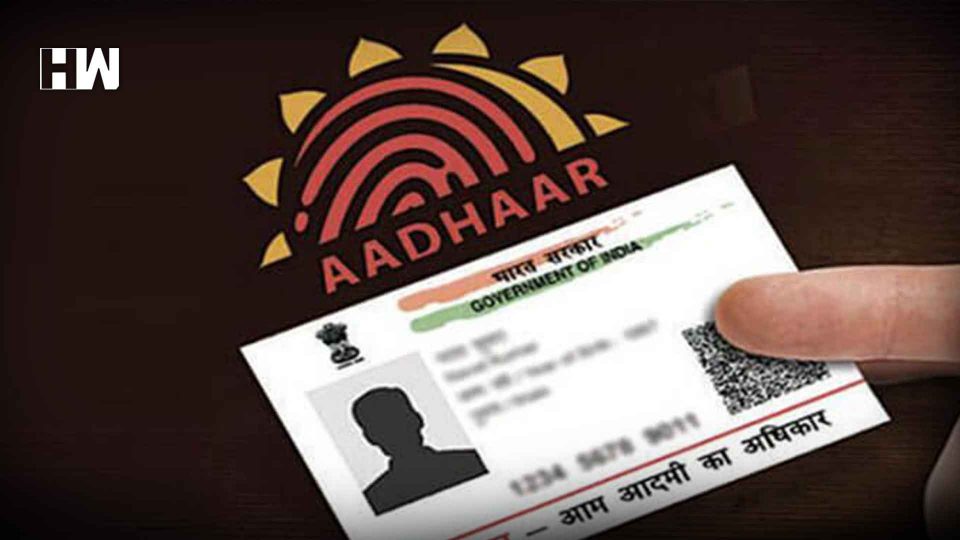It has been a common experience, when a junior most person, of the level of a courier boy, with no sense of trust and confidentiality, comes to your doorstep for KYC compliance and demands copies of your PAN card, Aadhar card etc. To those who are aware that such confidential personal data/documents, have often landed in the wrong hands and have been misused, there is an aversion/reluctance to share them, even if it means that your mobile/ internet or banking services will be terminated. It is better to suffer from lack of services that open up wide possibilities of misuse of most private and confidential data. There have been many instances of such misuse. During the recent demonetisation drive itself, in many cases, cash was deposited under the PAN/Aadhar number of a different person, who thereafter had to face an income tax enquiry.
With poor data privacy standards and no strong data protection laws in India, to prevent the nonconsensual use of personal confidential data, the sharing of such secret documents as PAN card, Aadhar card, passport etc. particularly with private companies, has been a matter of grave concern. It was with such valid concerns, that a spate of suits was filed in the Supreme Court, challenging the constitutional validity of aadhar and its compulsory sharing with all and sundry, who had started demanding it arbitrarily. This very crucial national project, which had gained momentum during the Congress-led UPA regime, was also accused by the Congress, to be a mass surveillance machine of the government, by linking everything to aadhar. To many others, it also meant an intrusion in their constitutionally guaranteed privacy, such that due to such sharing of aadhar, they could no longer remain anonymous. To the government, among other things, aadhar was a measure to guarantee direct benefit transfer to those eligible for a subsidy and was a must for identification, to prevent any violation of the law.
The Supreme Court in a widely hailed voluminous judgement of 1448 pages has upheld the constitutional validity of aadhar, saying that it is a beneficial legislation, aimed at empowering millions in the country. It said that aadhar parts with minimal information, to fulfill a larger public interest of the marginalized poor, who can use it to obtain government benefits and subsidies. The court said that aadhar is needed for good governance and effective distribution of social welfare schemes. Arun Jaitley called it a historical order, wherein the very concept of aadhar has been accepted after judicial review.
The Supreme Court has set to rest the fears of misuse, by saying that private companies cannot insist on aadhar for their services. Thus you do not need to furnish aadhar for opening bank accounts/banking services, for telephone/internet connection, school admissions, enrolling for courses, investment in mutual funds/investment schemes and to private websites for air/rail/hotel bookings. It is however compulsory for linking with PAN, central/state welfare schemes and filing of ITRs. The Supreme Court, by such differentiation, has signaled that aadhar will be shared only with those whose database is secure, like in the case of the Income Tax Department, also because surveillance of this nature needs to govern India.
As an independent media platform, we do not take advertisements from governments and corporate houses. It is you, our readers, who have supported us on our journey to do honest and unbiased journalism. Please contribute, so that we can continue to do the same in future.

